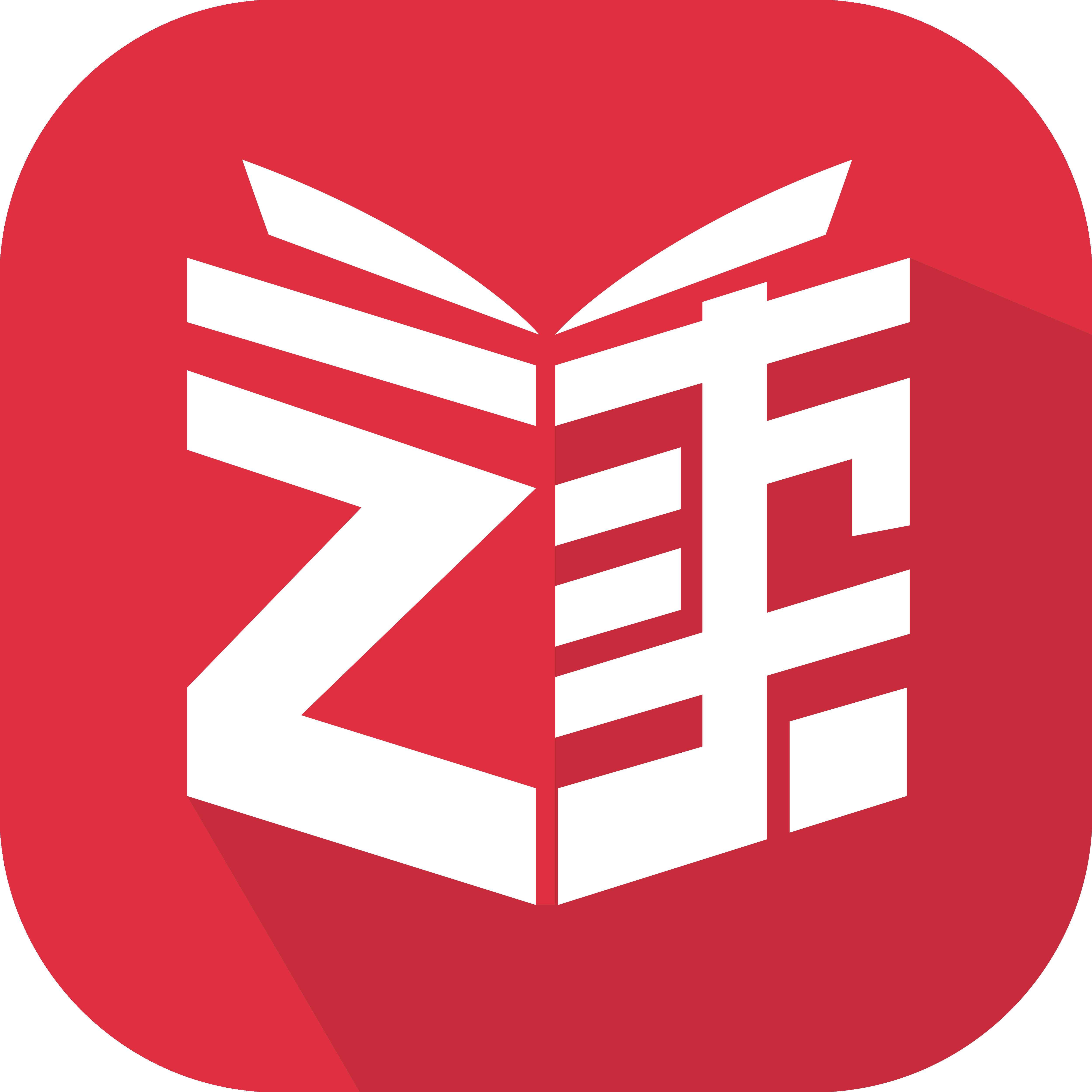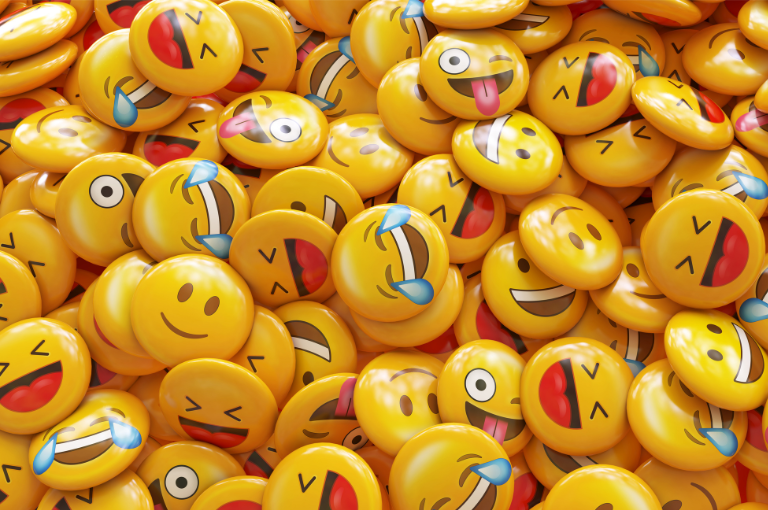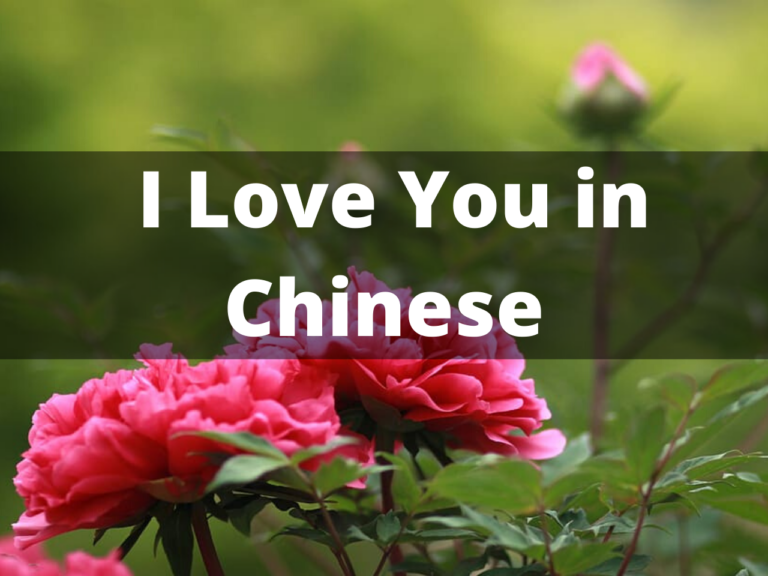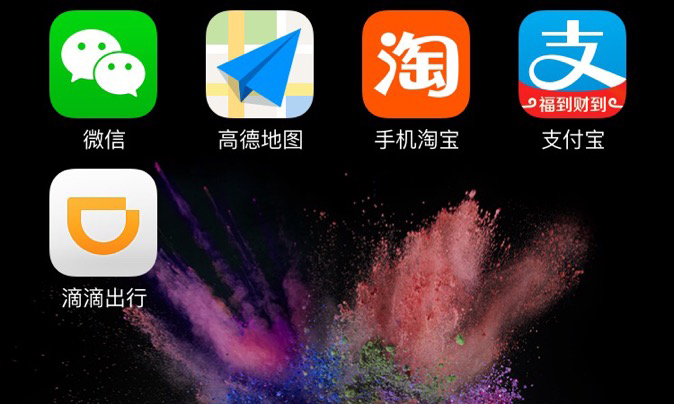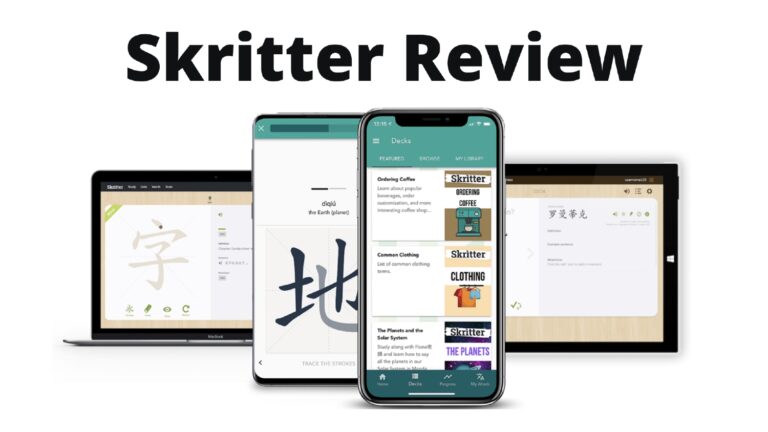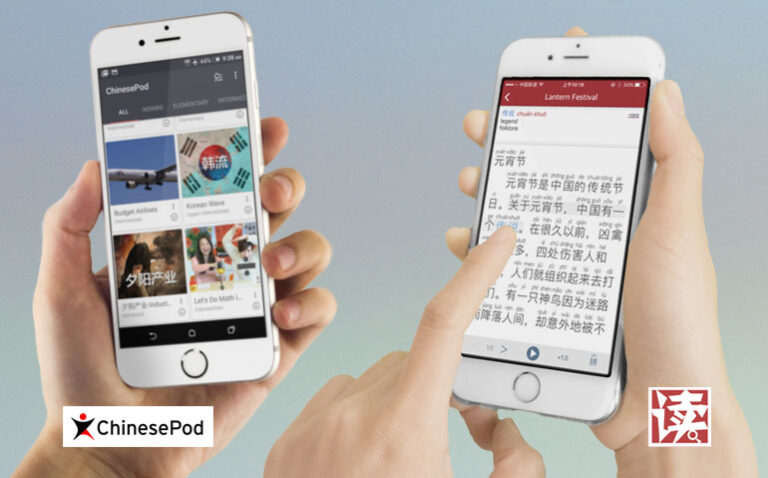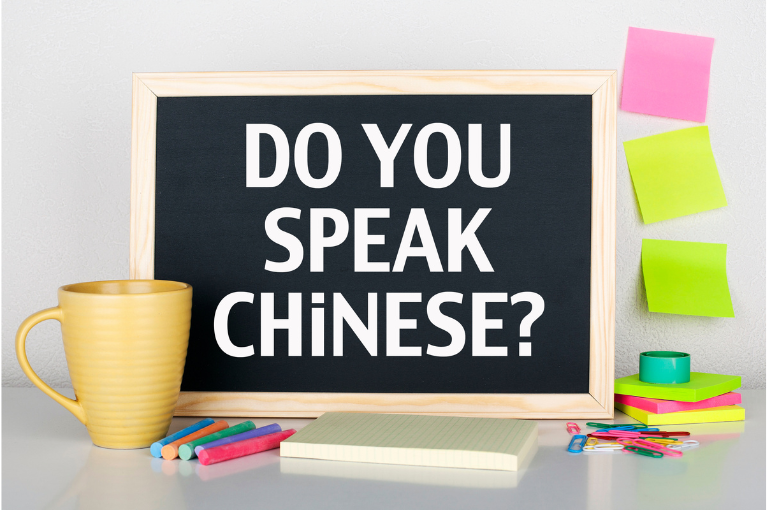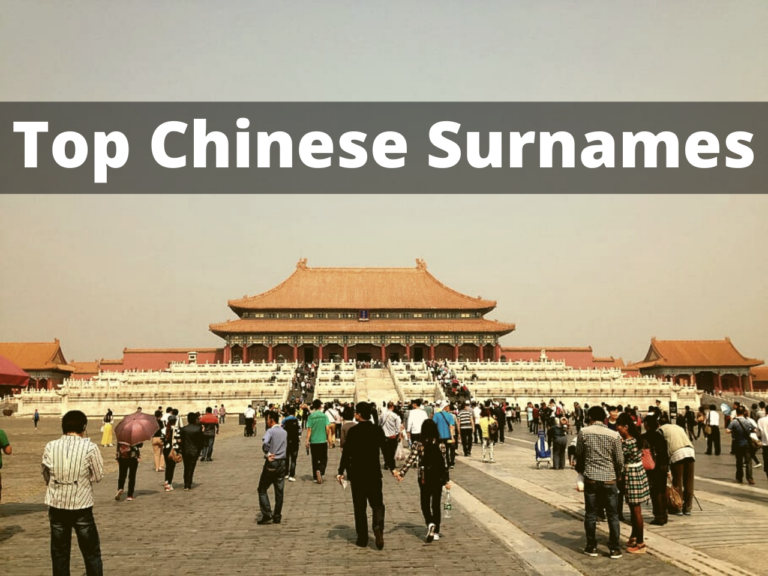10 Most Popular Emojis in China
Do you use emojis/emoticons when you message your friends? What emojis do you like to use the most?
Emoji/emoticon in Chinese is 表情符号 [biǎo qíng fú hào], or just 表情 [biǎo qíng] for short. Chinese emojis are a little different than the emojis in the west. You can ask your Chinese friends like this:
In 2015, China’s biggest social network website Tencent QQ published that year’s emoticon usage statistics. Let’s take a look at what emoticons Chinese netizens like to use the most.
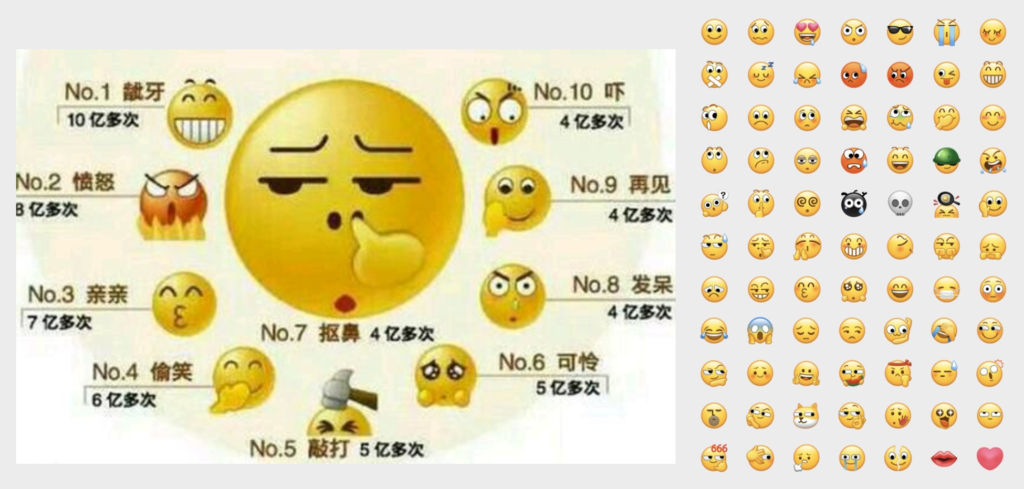
- No.1 呲牙/龇牙 [zī yá] – Grinning Face
The grinning face emoticon symbolizes “courteous” or “cute”, and is commonly used by netizens around the country for greeting each other.
- No.2 愤怒 [fèn nù] – Angry Face
The angry face is popular among young users, and is reportedly used the most frequently on September 1st. This is because that is the day when Chinese school starts after summer vacation. Everyone wants to keep having summer vacation and not go to back school.
- No.3 亲亲 [qīn qīn] – Kissing Face
As you might guess, the kissing face is the favorite emoticon for couples.
- No.4 偷笑 [tōu xiào] – Chuckle Face
- No.5 敲打 [qiāo dǎ] – Punching Face
- No.6 可怜 [kě lián] – Pitiful Face
- No.7 抠鼻 [kōu bí] – Nose Picking
The nose picking emoticon symbolizes “bored”, “indifferent”, or “disagreeing”. Some netizens claim that this usage data is inaccurate and that the nose picking emoticon is actually the one most used by Chinese netizens. Of course, many netizens also think the nose picking emoticon is disgusting and do not like to use it.
- No.8 发呆 [fā dāi] – Absent-Minded Face
- No.9 再见 [zài jiàn] – Goodbye Face
- No.10 吓 [xià] – Scary Face
According to the gender difference data, boys are more likely to use the 骚 [sāo](acting cool)emoticons, while girls like to use 萌 [méng](cute, Moe).
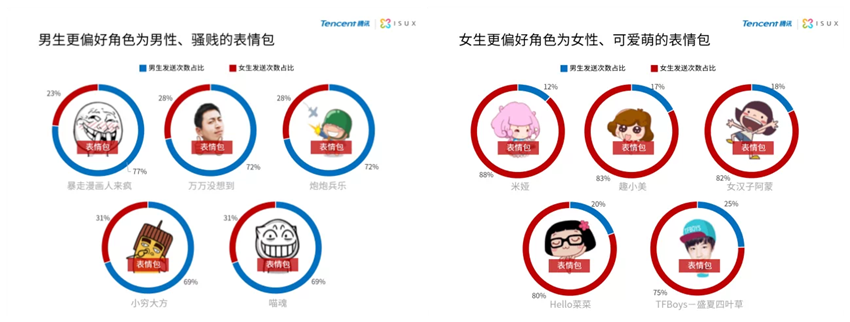
There is also a set of very popular chat stamps which use the two characters Lilei and Hanmeimei “李雷和韩梅梅 [lǐ léi hé hán méi méi]. Lilei and Hanmeimei are characters from the junior high school English textbook in China, so the Chinese are very familiar with them.

These stamps contain funny phrases with deliberately mistaken translations and Chinglish. For example, 不要熬夜 [bú yào áo yè] (Do not stay up late)is translated into “Do not Oh Yeah” because 熬夜 in Chinese sounds similar to the English “Oh Yeah”.
What are your thoughts on these Emojis?
